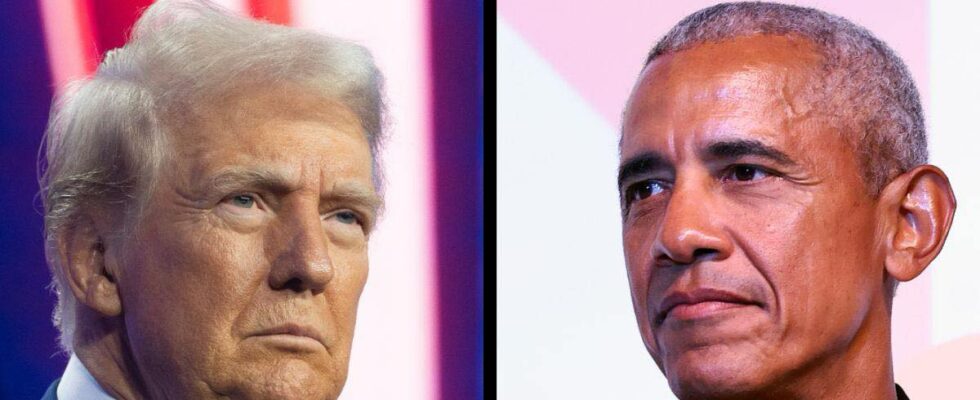Former President Barack Obama sparked national debate during his June 17, 2025 speech at The Connecticut Forum by calling for greater government involvement in regulating online content.
Citing the internet’s role in spreading misinformation, confusion, and harmful narratives, Obama argued that America is facing a crisis of truth.
He compared the state of public discourse to a disagreement about whether a table is a lawnmower—emphasizing that society is now struggling to agree on basic facts. He warned that actors in power exploit this confusion by overwhelming people with falsehoods, leading to public disengagement.
While some agree with Obama’s concern about the flood of misinformation, others, especially older Americans who lived through McCarthyism and civil rights struggles, view his comments as a troubling step toward censorship. Obama also made subtle criticisms of political figures like Donald Trump, warning about leaders who only trust election results when they win.
He argued that not only education but also regulation is necessary, calling for new rules on how social media platforms operate—insisting that such regulations would respect the First Amendment. However, critics argue that allowing the government to define truth risks silencing dissent and undermining free speech. They question who decides what is “misinformation” and fear that regulation could suppress legitimate debate. Many believe that digital literacy and personal responsibility—not federal oversight—are the best solutions. For those who value the Constitution and remember the dangers of state-controlled speech, Obama’s suggestions feel more like a warning than a solution. As both parties increasingly discuss online regulation, the battle for digital freedom intensifies. The right to express diverse opinions—even messy or controversial ones—remains a cornerstone of democracy, and many argue it must be defended, even in the chaotic landscape of the internet.
